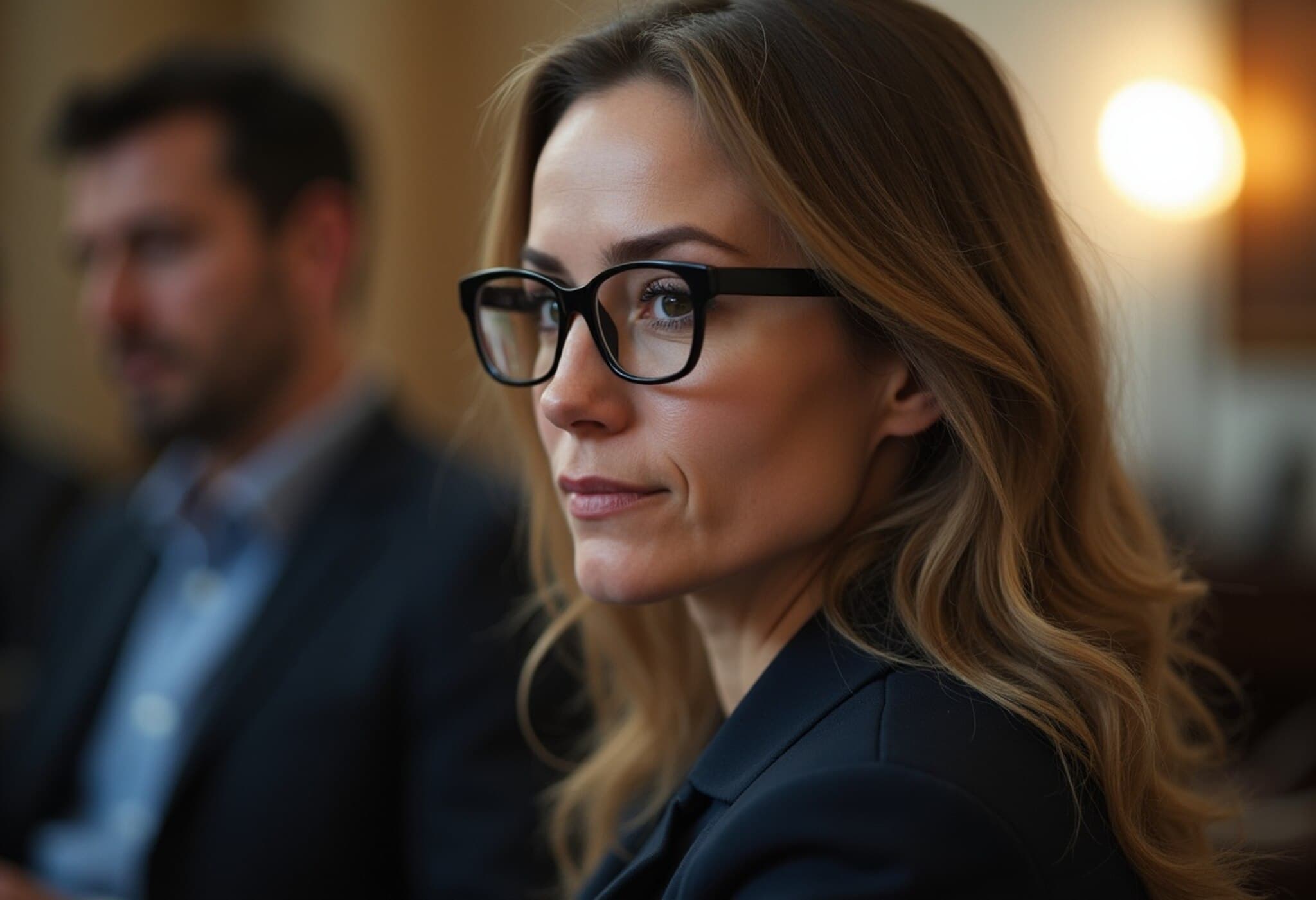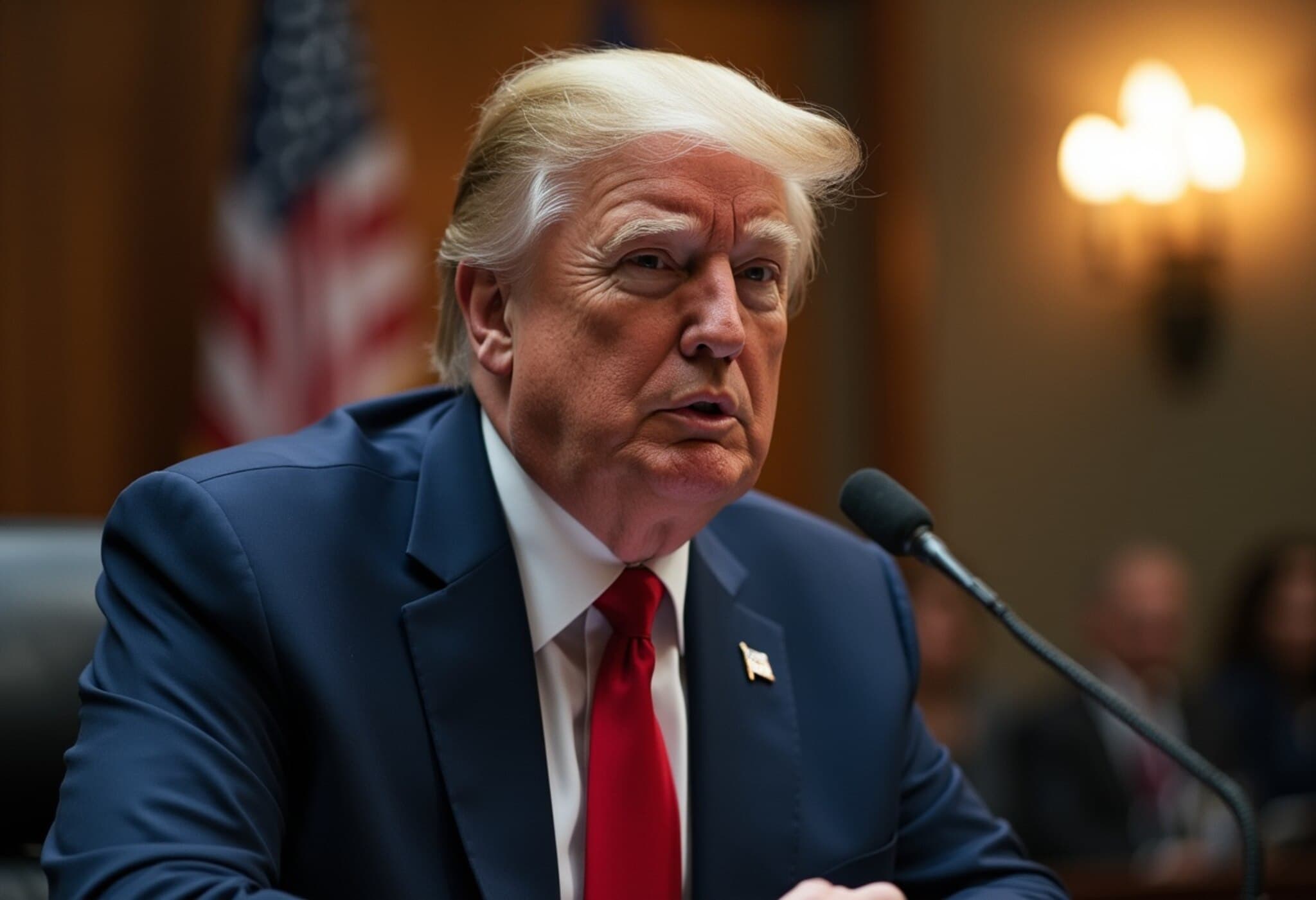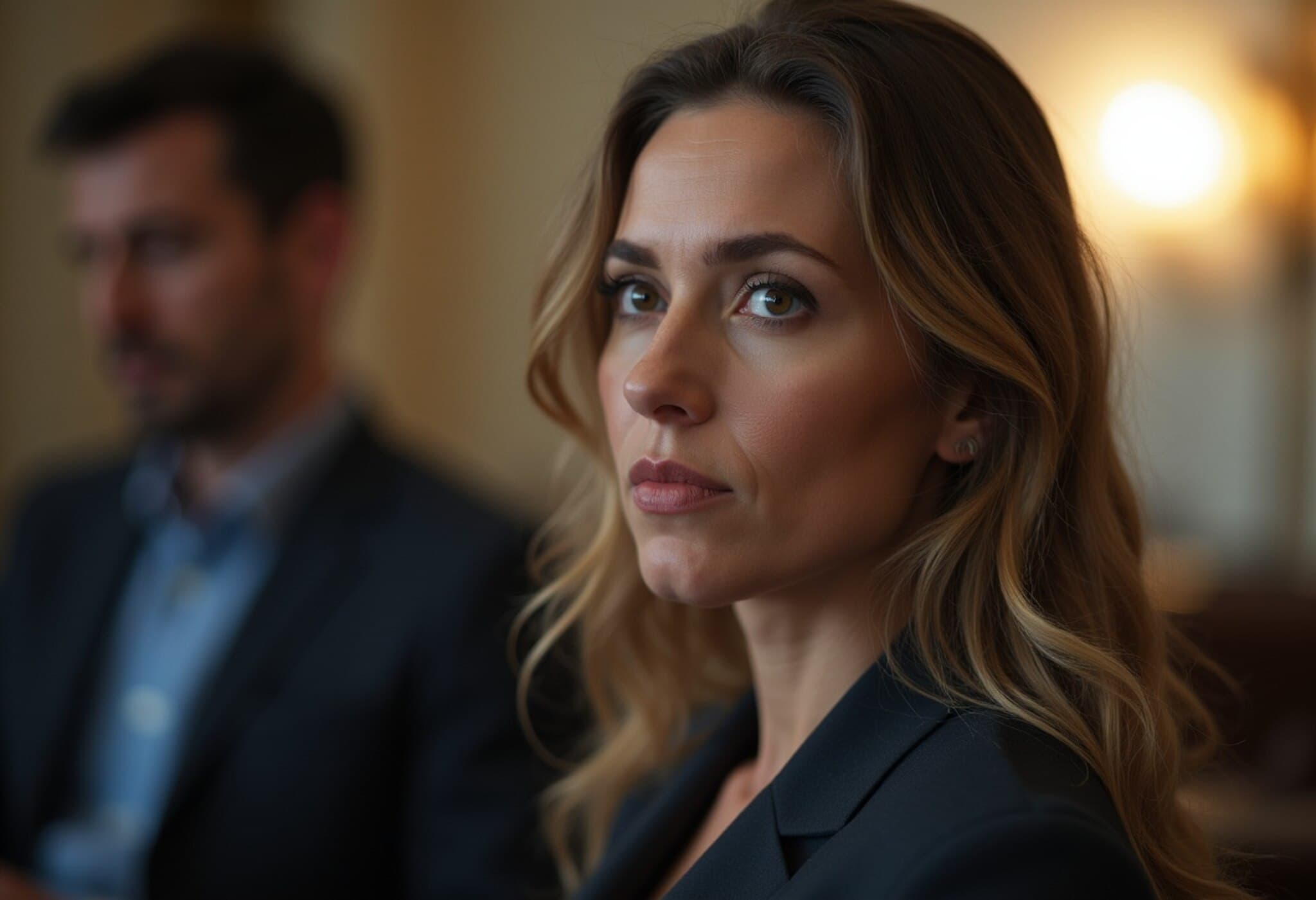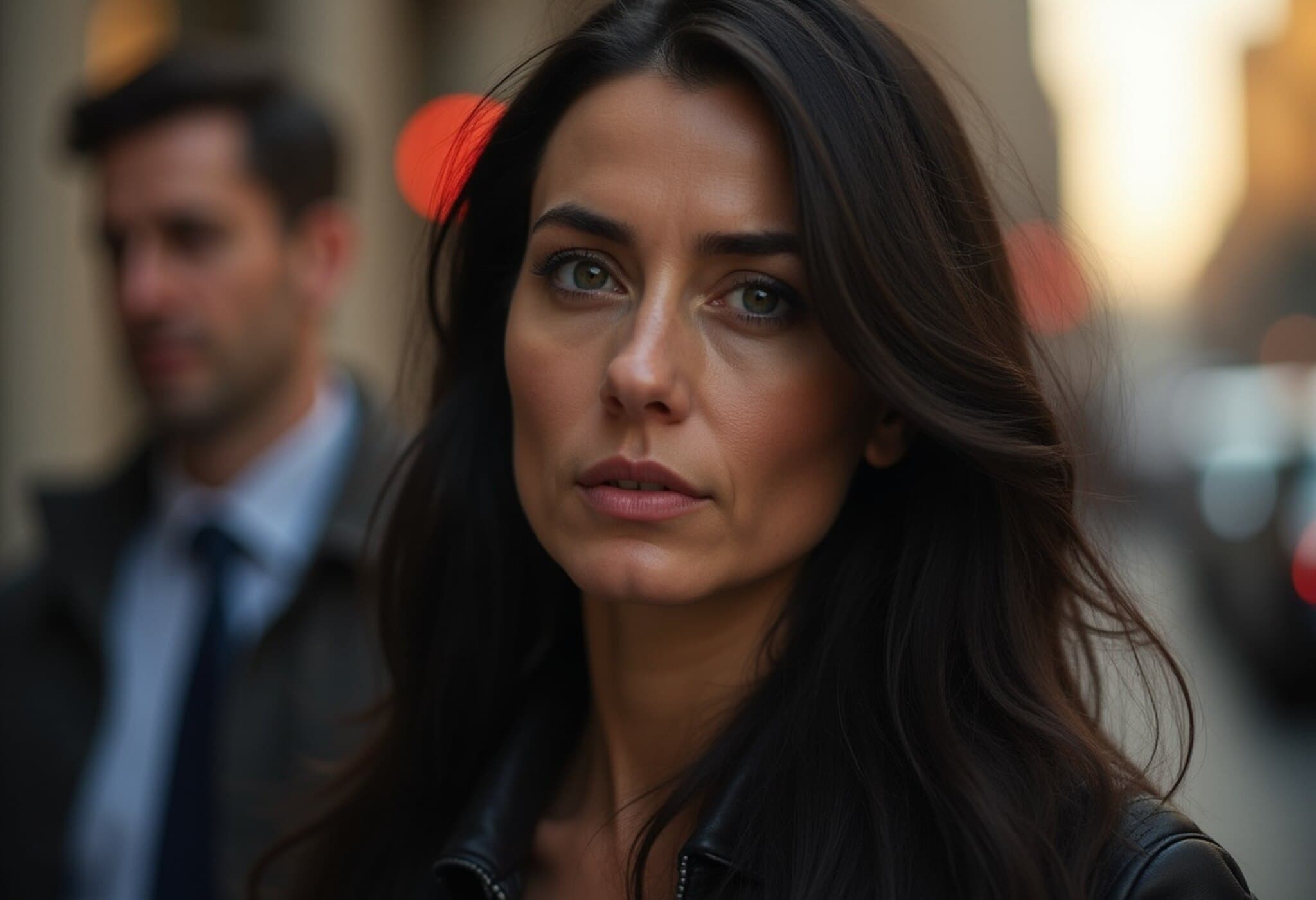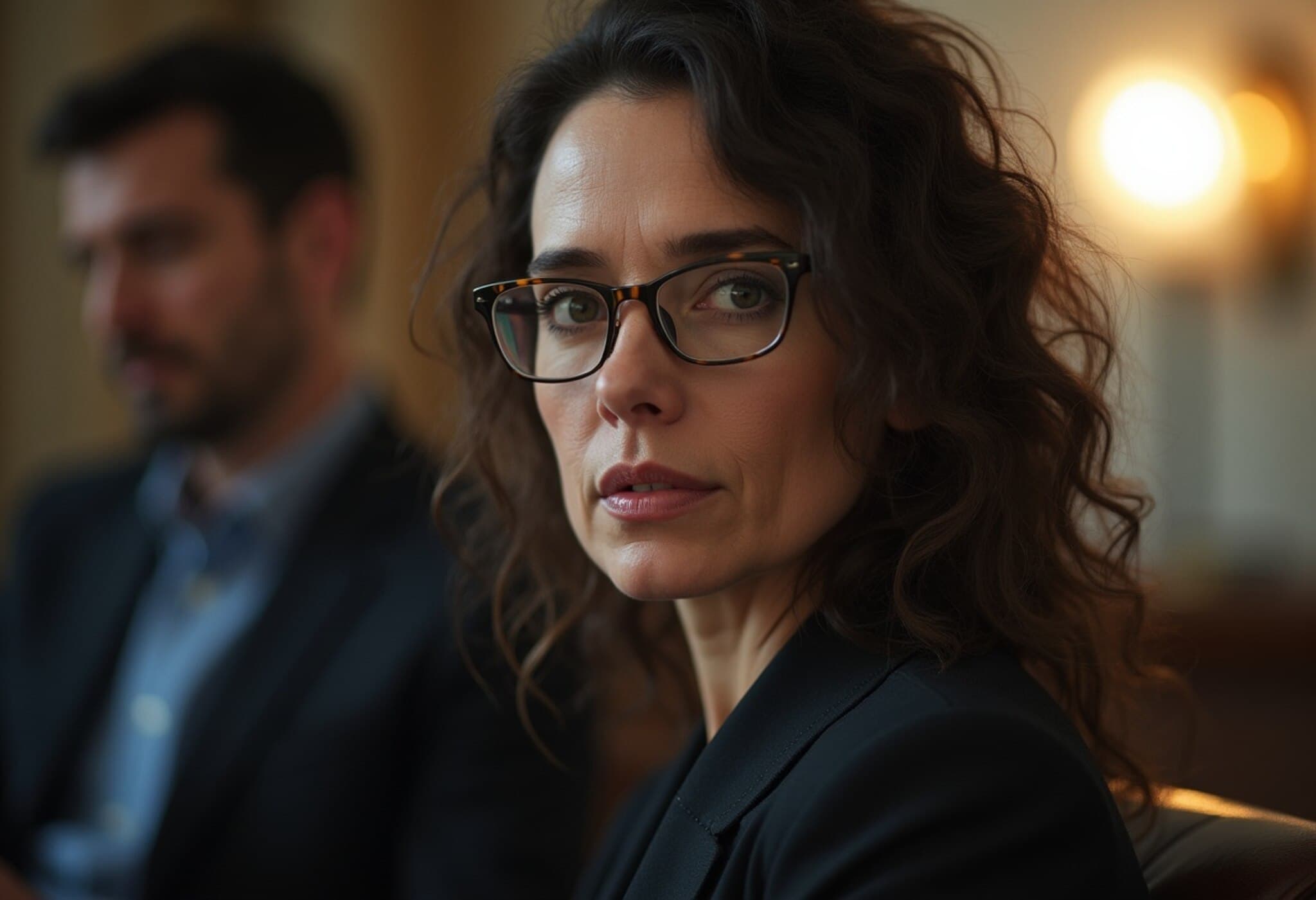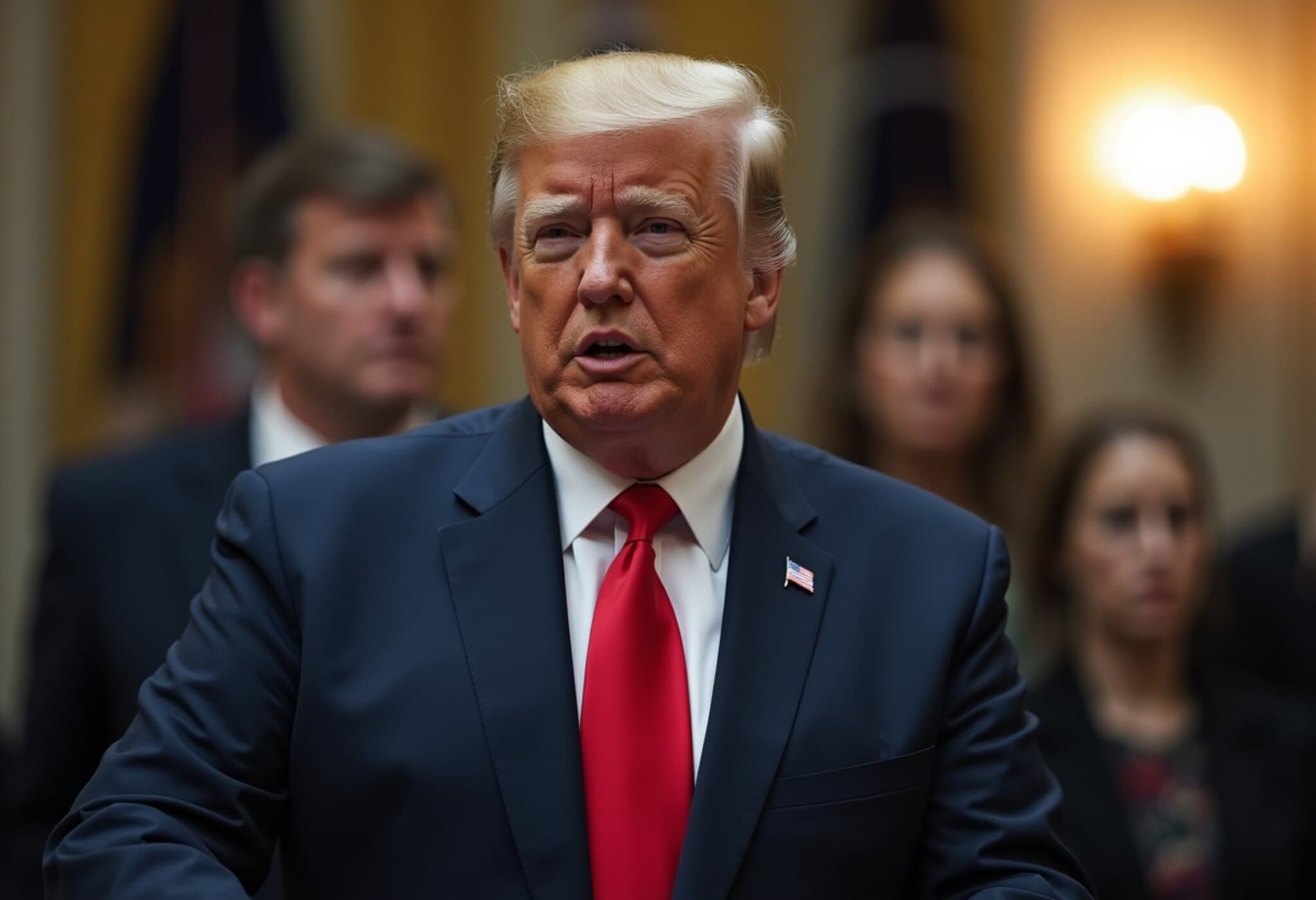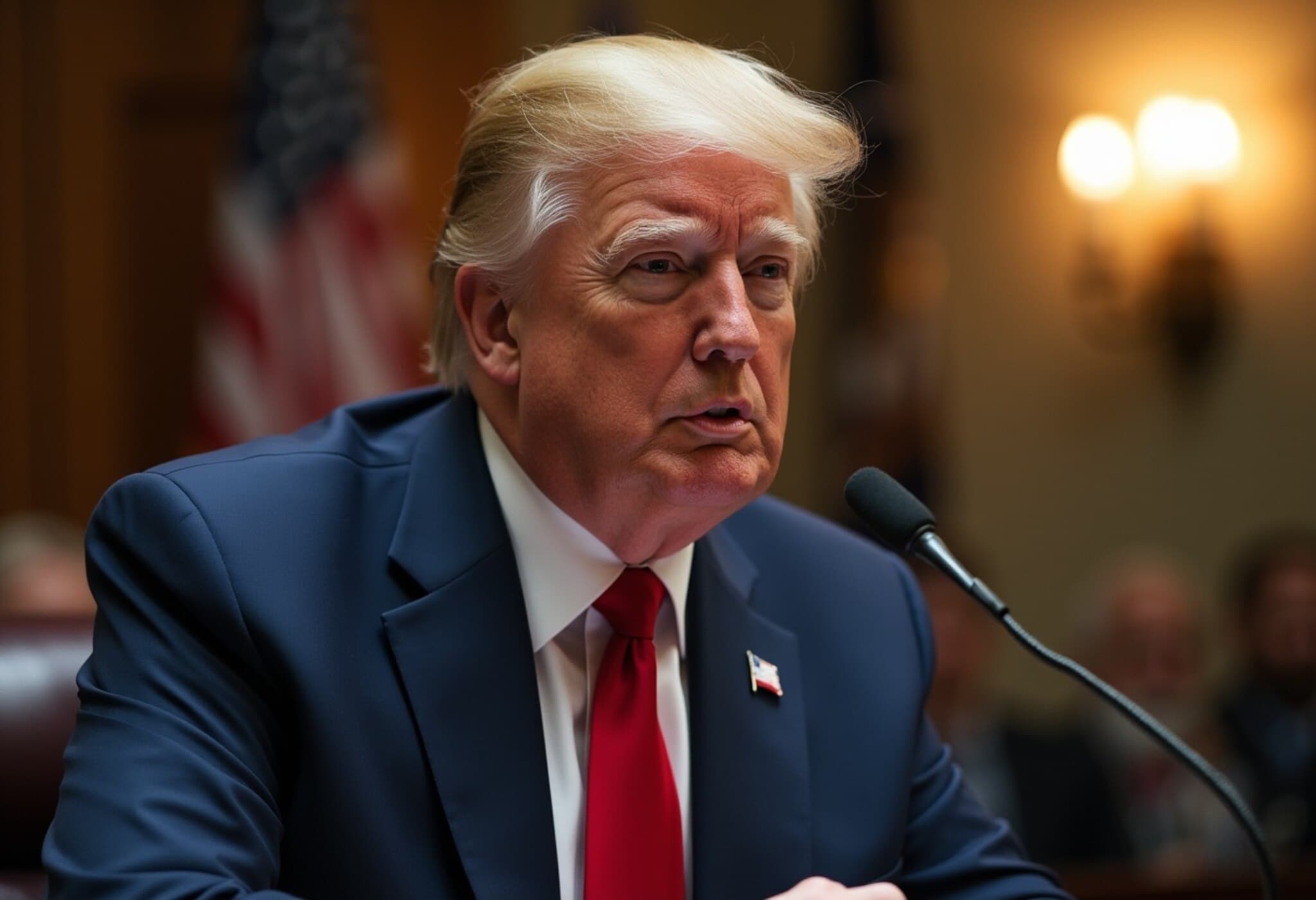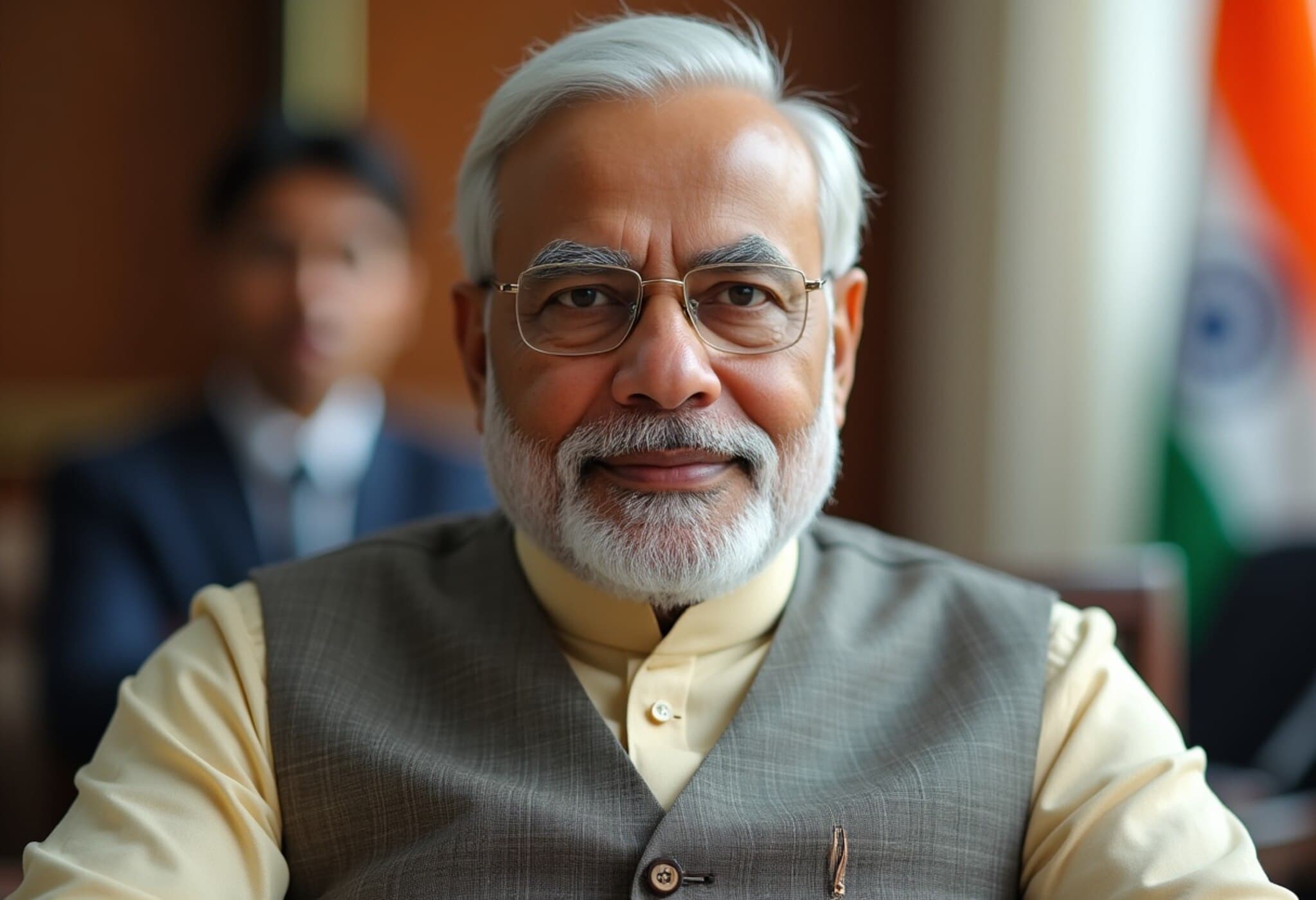Ghislaine Maxwell's Potential Congressional Testimony: Unveiling Epstein's Web
Ghislaine Maxwell, the British socialite convicted of aiding Jeffrey Epstein in the sexual exploitation of underage girls, is reportedly being considered to testify before the U.S. Congress. Serving a 20-year prison sentence, Maxwell's prospective testimony comes at a time when lawmakers and the public alike are demanding greater transparency regarding the Epstein case, which continues to cast a long shadow over powerful figures in global politics and finance.
Understanding the Gravity of a Congressional Subpoena
To appear before Congress, Maxwell would likely be served a subpoena—a legal mandate compelling her testimony or production of evidence under penalty of law. This legal tool has been pivotal in past congressional investigations, compelling high-profile figures to shed light on matters of national importance, despite the personal and legal risks involved.
Maxwell’s Criminal Background and the Epstein Connection
Convicted of sex trafficking, conspiracy, and transporting minors for illegal sexual activities, Maxwell has remained a controversial figure. Despite Epstein’s death in custody in 2019, investigations into their network of abuse persist, amplified by Maxwell’s ties to influential personalities, including royalty, billionaires, and political leaders. Her consistent proclamation of innocence juxtaposed with legal rulings keeps the narrative complex and fraught with tension.
The Trump Administration and Calls for Transparency
Mounting pressure from both political opponents and the public has urged President Donald Trump’s administration and the Department of Justice to open relevant files on the Epstein case. Despite promises to "release all credible evidence," recent legal obstacles, including a judge’s denial to unseal grand jury transcripts from Epstein’s Florida case, highlight the challenge of balancing justice with legal procedure.
Historical Context: Convicted Individuals Testifying Before Congress
Maxwell’s potential testimony would not be without precedent. Congress has previously called on convicted individuals to testify, often eliciting critical revelations that shaped public policy and perception.
Michael Cohen (2019)
- Trump’s former personal attorney testified after serving prison time for financial crimes.
- He accused Trump of racism and orchestrating illegal hush payments during the 2016 election.
Michael Milken (1993)
- Wall Street financier who served time for securities violations appeared before Congress.
- Recognized for discussing redevelopment strategies in urban areas, reflecting a nuanced post-conviction public role.
- Received clemency from President Trump in 2020, underscoring the political dimensions of such testimonies.
Jack Ruby (1964)
- Interrogated by a congressional commission following the assassination of JFK.
- Addressed conspiracy theories by describing his motivations for killing Lee Harvey Oswald.
Joseph Valachi (1962)
- The first mobster to publicly acknowledge the Mafia's existence on television.
- Testified under tight security, revealing details of organized crime that influenced popular culture, including "The Godfather Part II."
Expert Analysis: What Could Maxwell’s Testimony Reveal?
Maxwell’s testimony could serve as a crucial pivot point in understanding the full extent of Epstein’s criminal network and its reach into powerful socio-political spheres. Given the historical reluctance of some figures to cooperate, Maxwell’s insider account might validate longstanding allegations or expose new dimensions of complicity not yet public.
Furthermore, for American policymakers, the unfolding Epstein saga demands a reassessment of how the justice system handles cases involving wealthy and influential defendants. The tension between public interest and legal protections raises pressing questions about accountability at the highest levels.
Broader Implications for Media and Public Trust
The sustained public fascination with Epstein and Maxwell reflects an enduring hunger for transparency and justice. As journalists and civil society push for openness, the interplay between media coverage, legal proceedings, and political pressure highlights the dynamic forces shaping modern governance.
Editor's Note
Ghislaine Maxwell’s possible appearance before Congress illustrates the intricate dance between justice, power, and accountability in America. While her testimony might illuminate darker corners of the Epstein case, it also serves as a broader reflection on how democracy confronts entrenched elites. Readers are encouraged to ponder: How can the justice system ensure fairness when cases involve influential actors? And what role should public scrutiny play in shaping these outcomes?

